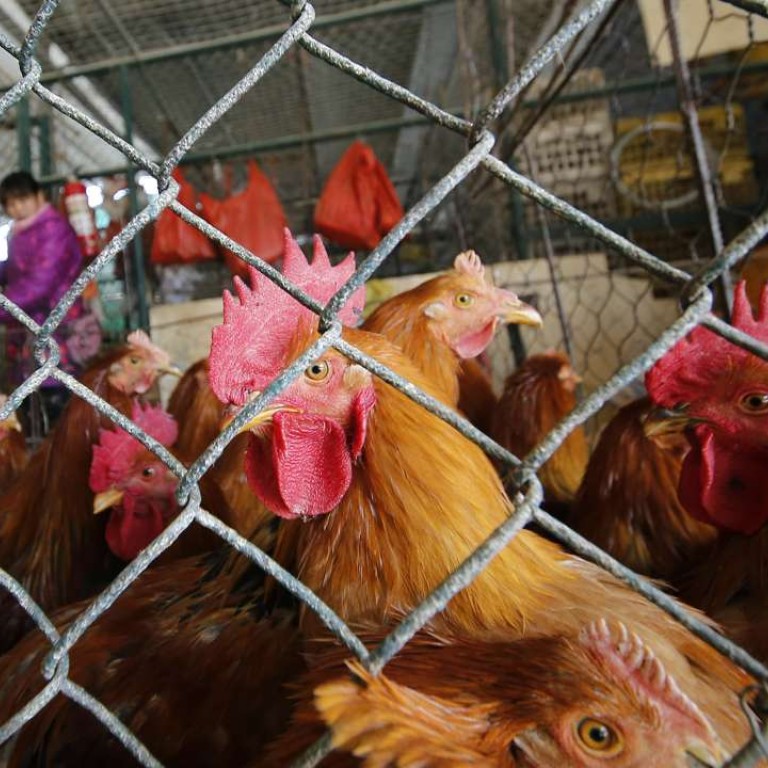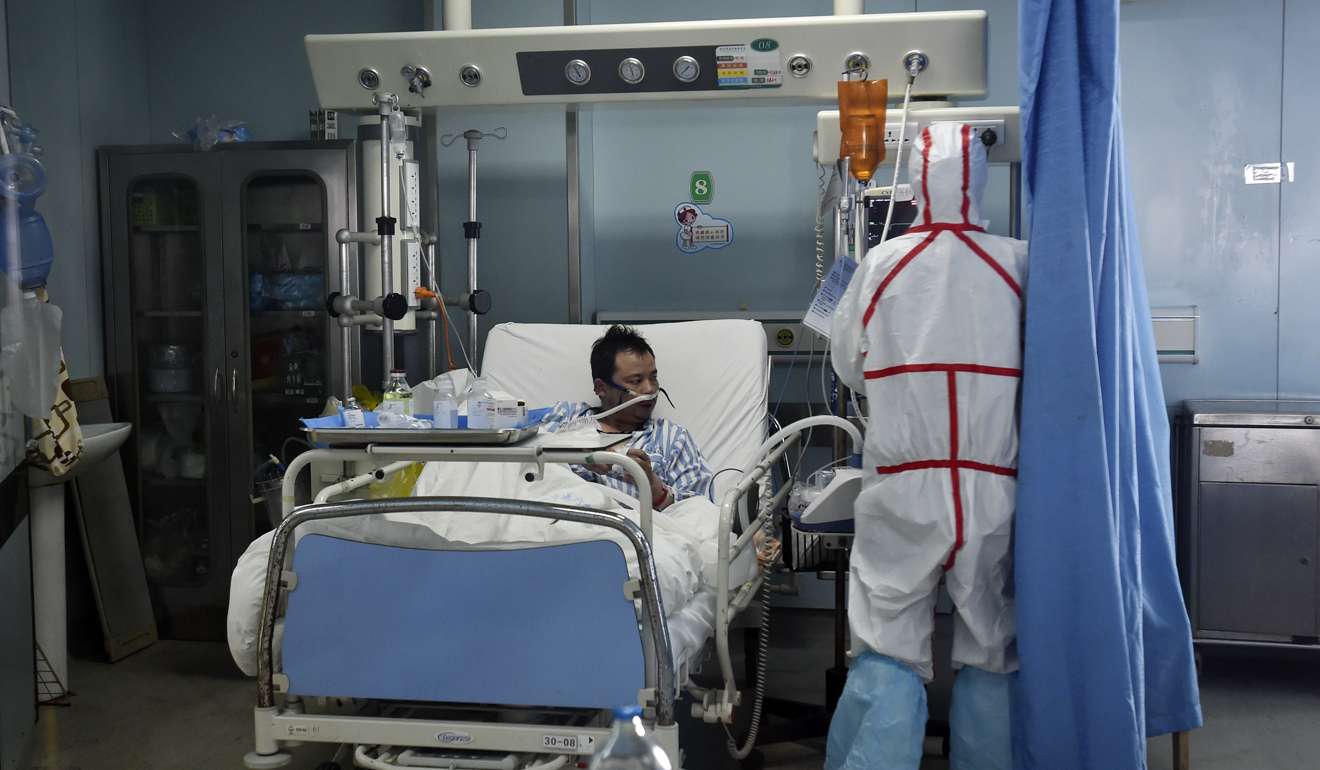
Chinese cities shut markets selling live poultry as bird flu deaths surge to 100 this season
Trade suspended in Guangzhou, Changsha and the entire Zhejiang province, among other areas
China’s deadliest outbreak of the H7N9 strain of bird flu has spurred several cities to suspend live poultry trade.
The live poultry trade has been temporarily halted in the cities of Guangzhou in the south, Changsha in central China, and the entire eastern province of Zhejiang, among other areas.
Zhejiang alone reported 35 infections in January, state-run Xinhua news agency quoted officials saying.
Nationwide, the virus killed 79 people last month. The 79 deaths compared with just five in January 2016, according to the National Health and Family Planning Commission.
The commission said on Wednesday that by the end of January, a total of 100 people had died in the current bird flu season, which commonly emerges in winter and continues into the spring.

It is the country’s deadliest outbreak of the H7N9 bird flu since it first appeared in humans in 2013.
The surge in fatalities has raised concerns that a severe outbreak looms, though health officials have said the worst has likely passed.
Ni Daxin, a top official with the Chinese Centre for Disease Control and Prevention, was quoted on Thursday by the state-run China Daily as saying the common Chinese preference for live or freshly-slaughtered chickens was contributing to the spread of the disease.
“If the public buys only frozen poultry, control of the epidemic will be much easier,” Ni said.
The majority of infections occur through contact with diseased poultry and bird waste at markets and in rural areas.
But at least two possible cases of human-to-human transmission have been reported since September.
H7N9, a subtype of influenza that affects both birds and humans, was first discovered in China in 2013. Most infected patients become severely ill, and nearly one in three cases are fatal.
The government is urging people to avoid live poultry markets, where poor sanitation conditions can raise the risk of contamination.
On the popular Chinese social-networking platform Weibo, many users expressed concern over the virus and paranoia over common-cold symptoms, while others said they were swearing off chicken.

.png?itok=arIb17P0)